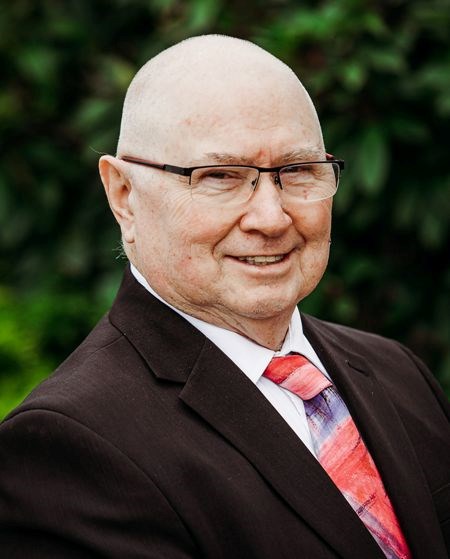Ed, my old neighbour in Saskatchewan, likes to say that filling something too full doesn’t matter, as long as it isn’t an overflow of whiskey in the glass or gasoline in the gas tank. Spilling coffee over the edges of your cup or filling it too full might be just a sleepy reaction to the morning, in Ed’s view.
Could it be that we may not stop at full when it comes to Easter Sunday or Christmas Day? Could we be overloading the cup of our mind or heart with too many extra details of our situations? Maybe Easter Sunday is like a coffee that spills over the edges of our cups because we have added too much cream to it.
It is not hard to go beyond enough or full. I may not stop at enough food, but take a second helping even though I risk overeating. Many folks are never content that they have enough money but are convinced that they will never overflow their money. How many children feel they have too many Easter eggs?
When do we stop at full? Does it take something extreme to make us aware we are in over our heads? A backed up sewer may be too much for us to handle on our own, giving us overflowing stress until we can get it corrected. We may have lots of concerns not as urgent as a backed up sewer, but when various problems are added together, we may have more cares than we can handle.
David Collins writes, “Overload is anything more than my mind can process, and my heart can embrace. It is life spilling over the edges of my capacity. The spillage is out of my control.”
The pandemic has everyone feeling out of control, and the spillage of sickness and death keep slapping us in the face, even as the vaccines become a reality to more and more people. The coronavirus and its variants have added to an overload of stress, which adds to each person’s uncertainties, cares and concerns.
The disciples were in an overload of guilt, cares and stress as the day of Jesus’s resurrection arrived. Jesus had told them when he was alive, “Come to me, all you who are weary and burdened, and I will give you rest.” (Matthew 11:28)
They could not come to Jesus for help, for he was dead and in his tomb. They ran away when Jesus was arrested. One of their own had betrayed Jesus for money. Peter had followed Jesus when he was arrested only to deny knowing Jesus three times before others. The disciples were hiding behind locked doors, afraid the authorities might next put them to death.
Women had reported to them that Jesus’s tomb was empty! Jesus was alive from the dead! Their words didn’t seem possible to the disciples. They had lost their confidence in Jesus. They felt alone and overwhelmed about their today and their tomorrow.
In the evening, Jesus appeared to his disciples, showing them that he was alive from the dead. He wanted them to be at peace. They needed to believe He was alive, and he was their peace and confidence, forever and ever.
Easter is our fullness of truth and peace. Rejoice, Jesus lives!




